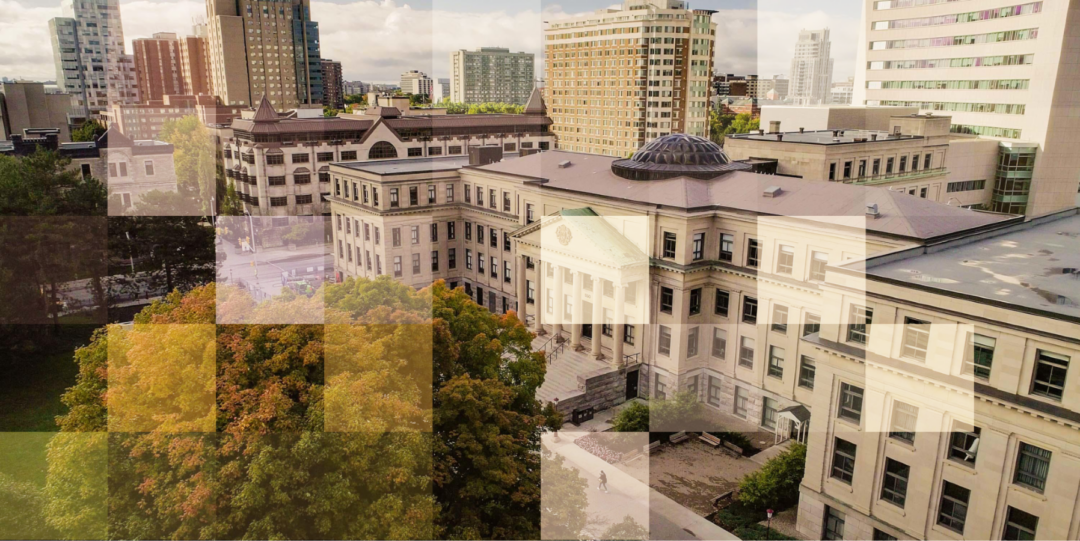Original post on December 13, 2022
Accountability in government is important – but hindsight must be used to help build resilience and capacity in the public sector, not make politicians and public servants even more risk averse
The end of the calendar year typically brings with it occasions to take stock and look back. Across Canada, this is the season for holiday receptions and gatherings. It is also a season for year-end shows that recap the major events and for pundits to issue report cards on who among the politicians has had a good or bad year. Some will indulge in speculation about the year ahead.
What is striking about 2022 is how many of its highlights would have been missed in any crystal ball gazing last December. Many of the strategic plans and forecasts generated within governments and private sector firms would now be shredded or filed away. It was a bad year for the foresight community.
I will set aside the year of three prime ministers in the UK.
Read more: Can new prime minister Rishi Sunak bring stability to UK?
The start of year saw Russia’s invasion of Ukraine and, for Canadians, the ‘trucker convoy’ protests. Over the year inflation surged from the 3-4% range in 2021 to between 6-8% and the notable changes to the price of food, gasoline and home mortgages have made inflation the hot economic and political concern it hasn’t been since the 1980s. Our national politics have slumped into a somewhat dreary stalemate between an incumbent government starting to show signs of burnout at the seven year mark, and a new opposition leader betting on populism to create a mood for change in 2025. A central part of his strategy is to promote at every opportunity a sense that “everything seems broken”.
‘The extensive formal infrastructure of hindsight’
This effort to catastrophise has been given some inadvertent lift by the extensive formal infrastructure of hindsight that is a vital supply chain for media opinion writers and opposition politicians. There is no small irony in this because an array of institutions have been created with an overall purpose to increase confidence and trust in government – both the institutions of the state and the system of democratic decision-making – by correcting its behaviour and showing that it is accountable and responsive.
Here in Canada, the last month has brought a bountiful harvest of after action reviews. As provided for in the legislation, an enquiry is underway to review the federal government’s decision back in February to invoke the Emergencies Act to bring an end to the disruption caused by the escalating trucker convoy protests. The preeminent federal feedback institution – the auditor general – has just released two reports on the government’s efforts back in 2021 to cope with the pandemic. In Ontario, the provincial auditor has annoyed the premier with an aggressive investigation into money laundering through casinos. And in my home city of Ottawa, a commission has just reported on a particularly messy light rail infrastructure project.
To be clear, people who care about better government support having strong feedback loops that strengthen accountability. They inoculate against complacency and inertia. At their best they contribute to ‘learning software’ by which the public sector detects errors and problems and governments are forced to pay attention and strive to do better in the future. In my experience, it is far easier to mobilise the will to change laws and programmes or secure investments in the noisy aftermath of negative feedback than it is to secure support for preventive measures when things are quiet. Mechanisms like ombudspersons and review panels and tribunals are valuable outlets that often shed light on more systemic problems.
The uncomfortable truth is that all of the feedback loops have their problems – they are like a distorted mirror. The core software in a Westminster system is answerability of the executive to parliament but parliamentary committees never fail to disappoint. In Canada they often lapse into clumsy attempts to score partisan points or create clips to be shared on social media. Formal enquiries have a more rigorous methodology, and are seen to be impartial, but they are often driven by judges and lawyers, their idiosyncrasies and adversarial approach. Some have been truly impactful (the Krever Royal Commission into the tainted blood scandal) and some have proven to be useless (the Gomery commission into the use of a programme to raise awareness of the Government of Canada’s contributions to industries in Quebec). Arguably the Truth and Reconciliation Commission for those directly or indirectly affected by the legacy of the Indian Residential Schools system, which reported in 2015, has been the most important exercise of its kind in modern times.
The key feature of these reviews, and of the dozen or so institutions that make up the infrastructure of accountability, is hindsight, and the risk of hindsight bias. They cannot ever really capture the original context in which advice was given and decisions were made. They strain out all of the myriad other events and issues that were going on at the time, when the reality of governing is multitasking with limited time and imperfect information. They all use a version of what auditors call residual risk assessment that strains out the baseline to focus on the anomaly. Then the journalists and opposition only pay attention to the juiciest products among the many that are generated each year. The things that work aren’t newsworthy.
Reviews cannot capture the crisis
This hindsight effect is particularly true of efforts to look back at the response to the pandemic. I have yet to read any acknowledgement that the people involved, whether politicians or public servants, were themselves coping with the risk of falling ill, had children or elderly parents to worry about, and were adjusting to lockdown measures and disruption of workplaces. Whatever general appreciation there was in 2020 or 2021 of public sector workers has rapidly dissipated in 2022.
The fundamental limitation of ‘after action’ reviews is they cannot capture the alternative scenarios or timelines that would have unfolded if different decisions had been made. This is particularly true of the current enquiry into the Emergencies Act. As useful as it may prove to be in establishing the timeline right up to the point of the decision to invoke the act, we cannot ever know what would have happened in the days that followed had the government not acted. And yet that assessment of the trendline and the future scenarios would have been the core of the discussion at the time.
These reviews never quite recreate a typical problem set in public administration – the age old adage that one can prioritise speed, costs, or rigour but not all three at the same time. That isn’t quite true as many initiatives do find a way to achieve an acceptable outcome in all three – the stimulus package of 2008-09 comes to mind. But in a way, when you choose the priority you choose to be criticised later on something else. Choose rigour and the reviews will focus on slow delivery. Choose speed and the reviews will focus on execution. Order too much vaccine and be criticised for wastage – order too little and be criticised for not protecting the vulnerable.
That comes with the territory and isn’t about to change. But I have a growing unease that the very mechanisms created to bolster confidence and trust in democratic governance may be inadvertently contributing to a climate of demoralisation and defeatism that sows the seeds of future trouble.
As this turbulent year draws to a close it is easy to see the limitations of foresight, but feedback and hindsight are a necessary part of achieving better government. Flying blind is not a better way, and each time review should be an opportunity to focus on lessons learned and summon the will to make necessary changes and investments.
But we also should pay attention to the limitations and uses of hindsight, and rise above a short term partisan blame game and making risk averse politicians and public servants even more risk averse. In the 2020s the key quality the public sector will need is not clairvoyance, but resilience and the capacity to learn and adapt.

